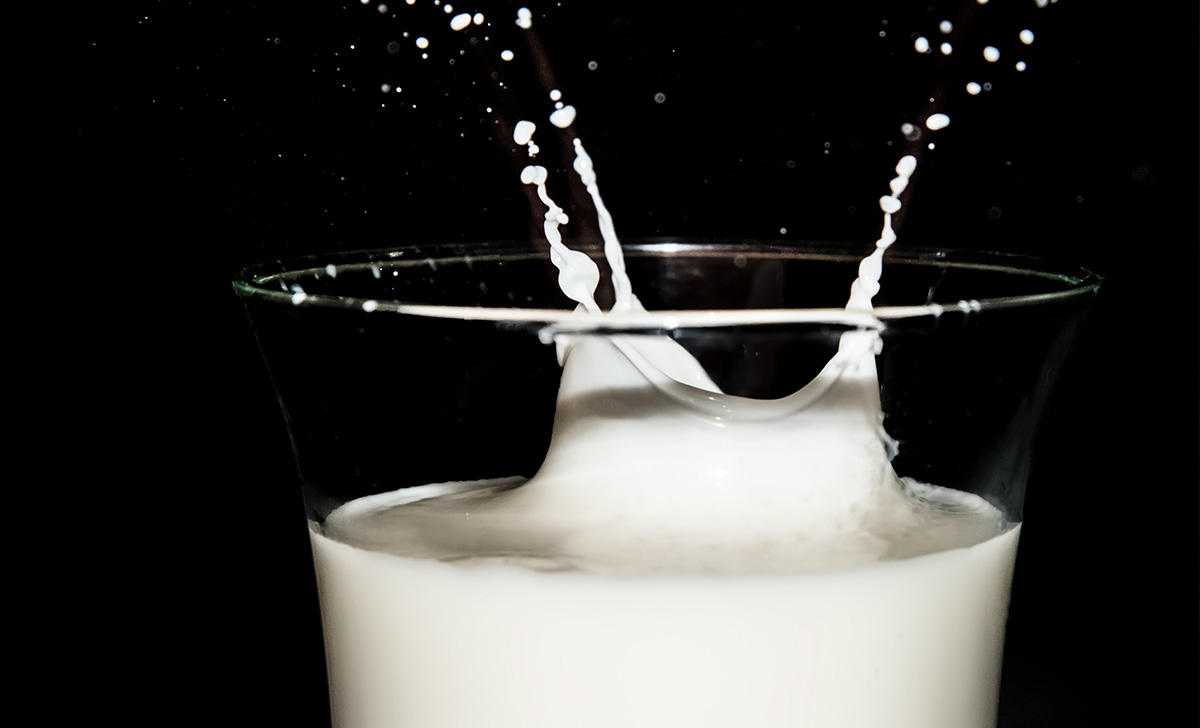Thanks to its micro and macro nutrients, milk is a real food, rather than a drink.
So much so that for some it is an integral element of the daily diet.
There are those who, having not developed intolerances, drink it for breakfast, accompanying it with biscuits, croissants, cereals and good coffee. But it can also be tasted in the form of cheeses, ricotta, cream, mozzarella and much more.
Depending on the animal that produces it, there are different types of milk, from cow’s to goat’s, from buffalo’s to sheep’s.
And it is on the latter that we will focus our analysis, because this milk is a real cure-all for bones and teeth but watch out for cholesterol.
Nutritional properties
From a nutritional point of view, sheep’s milk is quite similar to the “traditional” one, ie cow’s milk.
The substantial differences are found in the intake of calories, vitamins and minerals.
As reported by the Humanitas Hospital, in 100 grams of sheep’s milk we find 130 calories, of which:
- 19% composed of carbohydrates;
- 21% protein;
- 60% of lipids.
It is also an excellent source of calcium and vitamins A and B2, which are essential for healthy bones and teeth.
Furthermore, the amount of lactose is practically similar to that of other types of milk.
Therefore it is still not recommended for those who are lactose intolerant, because it could cause cramps, abdominal pain, diarrhea and flatulence.
So, this milk is a real cure-all for bones and teeth but watch out for cholesterol
Therefore, excluding cases of intolerance, sheep’s milk is suitable for most diets.
However, given the fair percentage of lipids and cholesterol (11 milligrams per 100 grams), it is not suitable for overweight subjects or those suffering from hypercholesterolemia.
Additionally, sheep’s milk should also not be drunk alongside certain medications, such as tetracyclines. In fact, those who take this drug should immediately stop consuming cheese and dairy products.
What to do with sheep’s milk in the kitchen
Being rich in casein, sheep’s milk is perfect for making ricotta and various types of cheeses.
It can also be used to replace cow’s milk, which is the most consumed in general.
For example, we can prepare many desserts, or even vegetable soups, mashed potatoes and much more.
The dishes will be decidedly more particular because they will acquire the stronger and more characteristic flavor of sheep’s milk.
Deepening
It sounds unbelievable but no one is throwing out expired milk for this reason.
